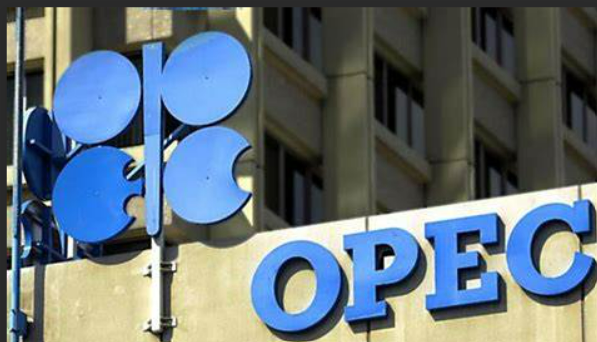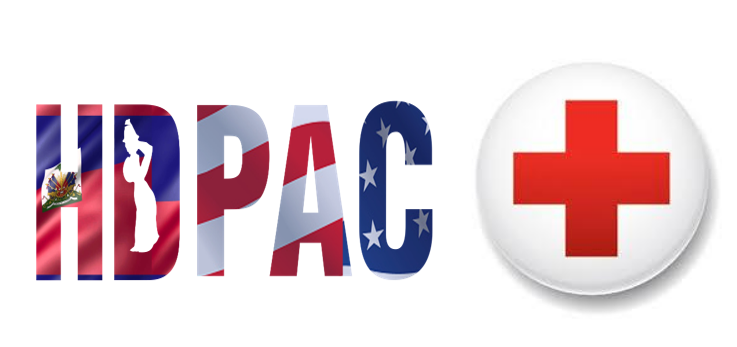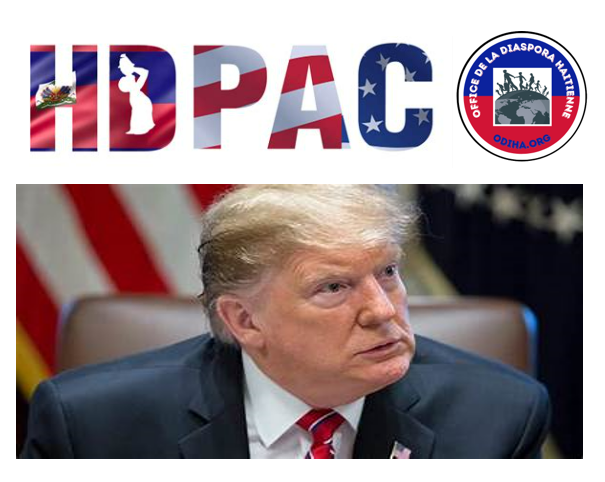BY: Nathaniel BALLANTYNE
TRUENEWSBLOG – Russian president Vladimir Putin convinced oil producing nations like Saoudi Arabia to cut oil production by nearly two million gallons amid higher gas prices just as few months before the winter.
For more than seventy years the U.S. and Saudi Arabia have a strategic partnership where the U.S. provides Saudi Arabia with security against its enemies in exch axchange for stable oil market where Saudi Arabia produces enough oil to keep prices stable.
That strategic arrangement was disrupted when OPEC decided to lower oil production causing oil prices to go up.
A number of Democrats in Congress are calling on the U.S. to respond by pulling back on its decades-old provision of arms and U.S. military protection for Saudi Arabia, charging that Prince Mohammed had stopped upholding Saudi Arabia’s side of a more than 70-year strategic partnership.
Calling the oil production cuts “a hostile act,” New Jersey Democratic Rep. Tom Malinowski led two other lawmakers in introducing legislation that would pull U.S. troops and Patriot missile batteries out of the kingdom.
“What Saudi Arabia did to help Putin continue to wage his despicable, vicious war against Ukraine will long be remembered by Americans,” Senate Majority Leader Chuck Schumer said, adding, “We are looking at all the legislative tools to best deal with this appalling and deeply cynical action.”
Congress and the administration were reacting to the announcement of a bigger than expected cut of 2 million barrels a day by the OPEC-plus group, led by Saudi Arabia and Russia. The production cut is likely to drive up prices, bolstering the oil revenue Russia is using to keep waging its war in Ukraine despite U.S.-led international sanctions and further shaking a global economy already struggling with short energy supply.
Saudi oil minister Abdulaziz bin Salman, a half-brother of the crown prince, insisted at the OPEC-plus session there was no “belligerence” in the action.
The administration says it’s looking for ways to blunt the impact of OPEC’s decision, and notes that the cost at the pump has still dropped in recent months.
Foreign arms sales ultimately are Congress’s to approve or disapprove, a U.S. official argued Thursday, so it was up to lawmakers to choose whether to try to make good on cutting U.S. weapons to Saudi Arabia. The official spoke on condition of anonymity to discuss the government’s take on the matter.
The official called Biden’s trip to Saudi Arabia, and meetings with Middle East leaders there, steps toward building relations across the region, and said Biden’s meeting with the crown prince was in line with other face-to-face sessions with allies, rivals and adversaries, including Putin.
As a candidate, Biden had made a passionate promise to make the Saudi royal family a “pariah” over human rights abuses, especially Saudi officials’ killing of U.S.-based journalist Jamal Khashoggi inside the Saudi consulate in Istanbul in 2018.
The U.S. intelligence community formally concluded that Prince Mohammed, who wields much of the power in Saudi Arabia in the stead of his aging father, King Salman, had ordered or approved of Khashoggi’s killing.
Biden as president disappointed rights activists when he opted not to penalize Prince Mohammed directly, citing his senior position in the kingdom and the U.S. strategic partnership with Saudi Arabia.
Then Russia’s February invasion of Ukraine worsened an already tight global oil market, driving up gasoline prices and inflation overall. Ally Israel and some in the administration argued that smooth relations between Riyadh and Washington had to be the U.S. priority.
As U.S. prices at the pump rose and Biden’s poll ratings fell further, senior administration officials began shuttling to the Gulf, seeking to soothe Prince Mohammed’s anger at Biden’s campaign remarks and the U.S. findings in Khashoggi’s killing. That led to Biden paying his first visit as president to Saudi Arabia in July, putting presidential prestige behind the attempt to get U.S.-Saudi relations, and the global oil supply, back on steadier ground.
In Jeddah, Biden stopped short of offering a much-anticipated handshake. Instead, Biden, looking frailer and more stooped in comparison with Prince Mohammed, who is in his late 30s, leaned in to offer an out-of-character fist bump. Prince Mohammed reciprocated. Any smiles on the two men’s faces as their knuckles touched were fleeting.
Critics deplored Biden’s outreach to a prince accused of ordering the imprisonment, abduction, torture and killing of those, even fellow royals and family members, who oppose him or express differing views.
Even if “you’re not willing to use the sticks with MBS, then don’t give up the carrots for free,” Khalid al Jabri, the son of a former Saudi minister of state, Saad al Jabri, said Thursday, using the prince’s initials.
The senior al Jabri accuses Prince Mohammed of sending a hit squad after him in 2018, and of detaining two of his children to try to force his return. Prince Mohammed denies any direct wrongdoing, although he says as a Saudi leader he accepts responsibility for events on his watch.
Khalid al Jabri, who like his father now lives in exile, offered an argument echoed by rights advocates, Democratic lawmakers and others:
“That is one major flaw of the Biden policy so far, that in this kind of U.S.-Saudi rapprochement, it has been lopsided, it’s been one-way concessions. And that doesn’t work for MBS.”
Saudi Arabia has made a couple of moves that benefited the U.S. since Biden’s visit. Saudi Arabia was among the intermediaries who recently won the release of two Americans and other foreigners captured by Russia as they fought for Ukraine.
And OPEC-plus made a modest increase in oil output shortly after the visit. The U.S. official cited Saudi Arabia’s agreement to allow Israeli civilian overflights of Saudi territory as one gain from Biden’s trip.
The subsequent oil production cuts have far offset the earlier gains, however. Prince Mohammed and other Saudi officials also have kept up outwardly warm dealings with Russian officials. And rights advocates point to a series of multidecade prison terms handed down to Saudi men and women over the mildest of free speech, especially tweets, since Biden’s visit.
By November, the Biden administration will have to decide whether to make another major concession to the prince. A U.S. court set that deadline for the U.S. to determine whether it will weigh in to agree or disagree with Prince Mohammed’s lawyer that the prince has legal immunity from a lawsuit in U.S. federal court over the killing of Khashoggi.
Lawmakers are scheduled to be out of Washington until after the Nov. 8 midterm elections and when they return will be focused on funding federal agencies for the full fiscal year through September 2023. Prospects for a lame-duck Congress taking up the bill introduced by Malinowski and the two other lawmakers are slight.
Rising gas prices would be bad news for Democrats heading into the final stretch of the midterm elections, while Republicans remain eager to capitalize on the decades-high inflation and rising cost of living, with high gas prices a constant reminder as voters fill up their tanks.
Sen. Dick Durbin, the second-highest ranking Democrat in the Senate, had one of the more scathing reactions to OPEC’s announcement.
“From unanswered questions about 9/11 & the murder of Jamal Khashoggi, to conspiring w/ Putin to punish the US w/ higher oil prices, the royal Saudi family has never been a trustworthy ally of our nation. It’s time for our foreign policy to imagine a world without their alliance,” he tweeted Thursday.






